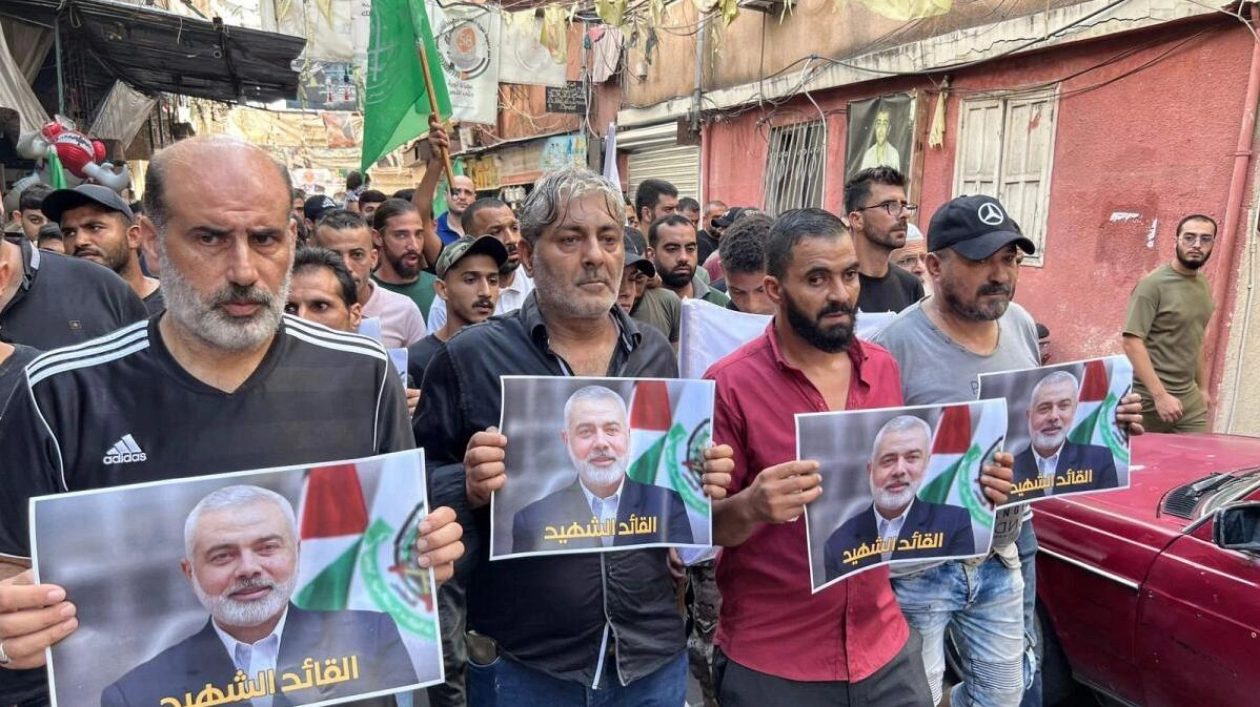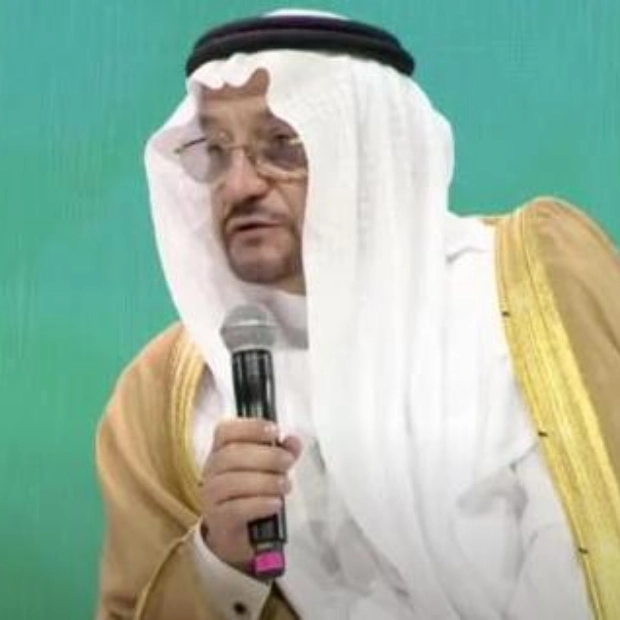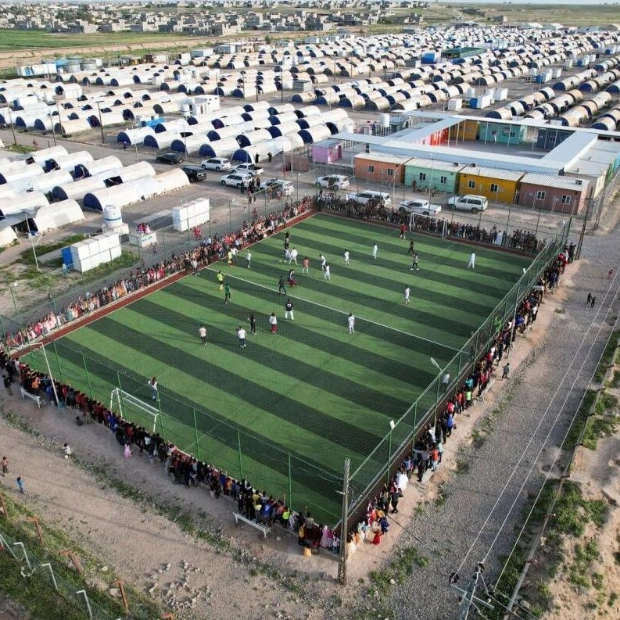Khaled Meshaal, who is expected to become the new leader of Hamas, gained international recognition in 1997 when Israeli agents attempted to assassinate him with poison on a street outside his office in Amman, the capital of Jordan. This failed assassination, ordered by then-Israeli Prime Minister Benjamin Netanyahu, enraged Jordan's King Hussein, who threatened to hang the would-be killers and cancel the peace treaty with Israel unless the antidote was provided. Israel complied, releasing Hamas leader Sheikh Ahmed Yassin, whom they later assassinated in Gaza seven years later.
For Israelis and Western nations, Hamas, backed by Iran, is viewed as a terrorist organization committed to Israel's destruction, responsible for numerous suicide bombings and conflicts. However, for Palestinian supporters, Meshaal and the Hamas leadership are seen as freedom fighters against Israeli occupation, maintaining their cause despite international diplomatic failures. Meshaal, aged 68, became Hamas' political leader in exile in 1996, allowing him to represent the group globally without Israeli travel restrictions.
Hamas sources indicate that Meshaal is likely to succeed Ismail Haniyeh as the group's supreme leader, following Haniyeh's assassination in Iran. Other potential leaders include Khalil al-Hayya, a senior Hamas official based in Qatar, favored by Iran and its regional allies. Meshaal's relationship with Iran has been complicated by his support for the 2011 Sunni-led uprising against Syrian President Bashar al-Assad.
Since Hamas' founding in 1987, Israel has targeted several of its leaders, including Meshaal, who has remained a key figure within the organization since the late 1990s, operating primarily from exile. After the deaths of Yassin and his successor, Abdel-Aziz Al-Rantissi, Meshaal took on the overall leadership of Hamas.
Meshaal has faced the challenge of deciding whether to adopt a more pragmatic approach towards Israel for the sake of Palestinian statehood or to continue fighting, as outlined in Hamas' 1988 charter. He has rejected permanent peace with Israel but has suggested that Hamas could accept a temporary Palestinian state in the West Bank, Gaza Strip, and East Jerusalem in exchange for a long-term ceasefire.
The October 7, 2023 attack by Hamas-led militants from Gaza, which resulted in the deaths of 1,200 people and the kidnapping of over 250, highlighted the group's priorities. Israel's response, including airstrikes and an invasion of Gaza, has led to the deaths of over 39,000 Palestinians and the destruction of much of the region. Meshaal has called the October 7 attack a pivotal moment for the Palestinian cause and has urged Arabs and Muslims to support the fight against Israel.
Born in Silwad near Ramallah in the West Bank, Meshaal moved to Kuwait as a child and joined the Muslim Brotherhood at 15. This group played a crucial role in the formation of Hamas during the first Palestinian uprising. Meshaal worked as a schoolteacher before becoming involved in lobbying for Hamas from abroad, while other leaders faced imprisonment in Israel.
In 1997, Netanyahu's attempt to assassinate Meshaal inadvertently bolstered his reputation as a Palestinian resistance hero. Following this incident, Jordan closed Hamas' office in Amman and expelled Meshaal to Qatar, where he later moved to Syria in 2001. Meshaal led Hamas from Damascus until 2012, when he left due to the Syrian civil war, dividing his time between Doha and Cairo.
Meshaal's departure from Syria weakened his position within Hamas, as ties with Iran and Syria, crucial for the group, were strained. This allowed rivals within Gaza to gain influence. In 2012, Meshaal visited Gaza for the first time since leaving the West Bank at age 11, delivering a speech at Hamas' 25th anniversary rally.
While abroad, Hamas took control of Gaza from the Palestinian Authority in a 2007 civil war. Meshaal's efforts to reconcile with President Mahmoud Abbas led to tensions with the Gaza-based leadership, prompting his resignation in 2017, when Haniyeh succeeded him.
In 2021, Meshaal was elected to head the Hamas office in the Palestinian diaspora.






